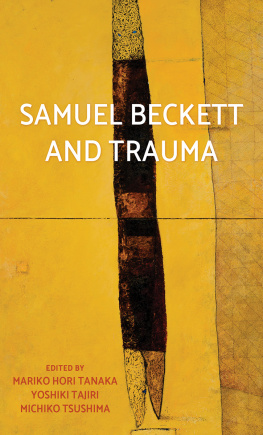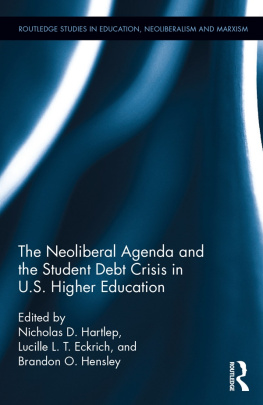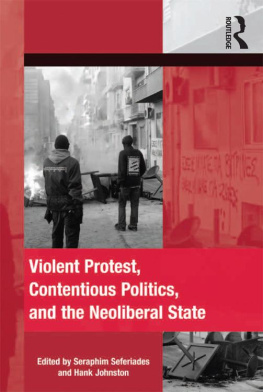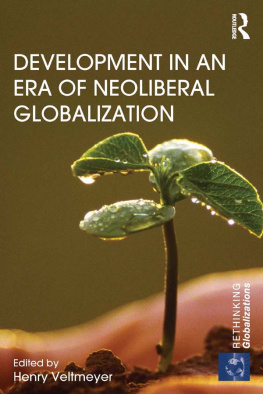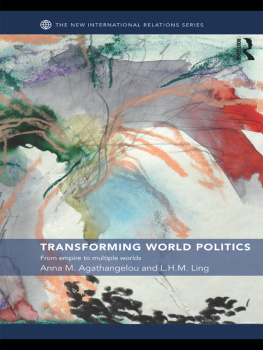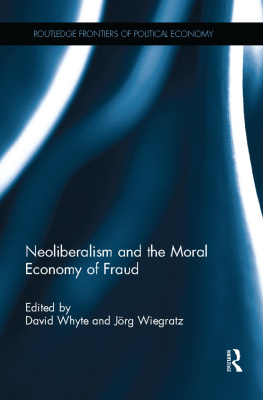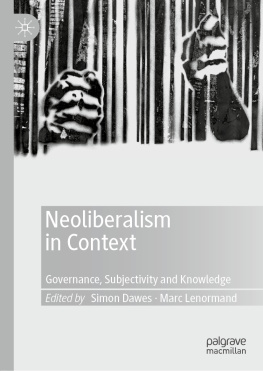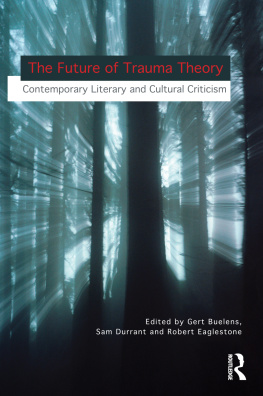First published 2018 by Pluto Press
345 Archway Road, London N6 5AA
www.plutobooks.com
Copyright Gurminder K. Bhambra, Dalia Gebrial and Kerem Niancolu 2018
The right of the individual contributors to be identified as the author of this work has been asserted by them in accordance with the Copyright, Designs and Patents Act 1988.
British Library Cataloguing in Publication Data
A catalogue record for this book is available from the British Library
ISBN 978 0 7453 3821 7 Hardback
ISBN 978 0 7453 3820 0 Paperback
ISBN 978 1 7868 0315 3 PDF eBook
ISBN 978 1 7868 0317 7 Kindle eBook
ISBN 978 1 7868 0316 0 EPUB eBook
This book is printed on paper suitable for recycling and made from fully managed and sustained forest sources. Logging, pulping and manufacturing processes are expected to conform to the environmental standards of the country of origin.
Typeset by Stanford DTP Services, Northampton, England
Simultaneously printed in the United Kingdom and United States of America
1
Introduction:
Decolonising the University?
Gurminder K. Bhambra, Dalia Gebrial and Kerem Niancolu
The call to decolonise universities across the global North has gained particular traction in recent years, from Rhodes Must Fall Oxfords (RMFO) campaign for a public reckoning with its colonial legacies, to recent attempts by Georgetown University, Washington DC, to atone for its past ties with slavery.1 The UKs National Union of Students (NUS) has been running Why is My Curriculum White? and #LiberateMyDegree as two of their flagship campaigns since 2015. Both campaigns seek to challenge Eurocentric domination and lack of diversity in curricula across UK universities.2 These dissenting interventions take their inspiration from and build on similar campaigns in other parts of the world for example, the Rhodes Must Fall movement in South Africa and the campaigns against caste prejudice occurring in some Indian universities. They also build on earlier movements and protests organised under notions of social justice and addressing inequality. These include campaigns such as those led by the Black and Asian Studies Association concerning the representation of Black history within the UK National Curriculum and those in defence of the public university organised by the Campaign for the Public University and Remaking the University, among others.3 These movements, collectively, sought to transform the terms upon which the university (and education more broadly) exists, the purpose of the knowledge it imparts and produces, and its pedagogical operations. This collection aims to critically examine the recent calls to decolonise the university within this wider context, giving a platform to otherwise silenced decolonial work and offering a resource for students and academics looking to challenge and undo forms of coloniality in their classrooms, curricula and campuses.
I
Given the prominence of decolonisation as a framework in student- and teacher-led movements today, it is incumbent upon us to think more carefully about what this means as both a theory, and a praxis. How is it distinct from other forms of anti-racist organising in institutions such as the university, and why has it gained particular purchase in the contemporary higher education context? What does it mean to apply a term that emerged from a specific historical, political and geographic context, to todays world? And what are the possibilities and dangers that come with calls to decolonise the university?
Decolonising involves a multitude of definitions, interpretations, aims and strategies. To broadly situate its political and methodological coordinates, decolonising has two key referents. First, it is a way of thinking about the world which takes colonialism, empire and racism as its empirical and discursive objects of study; it re-situates these phenomena as key shaping forces of the contemporary world, in a context where their role has been systematically effaced from view.4 Second, it purports to offer alternative ways of thinking about the world and alternative forms of political praxis.5 And yet, within these broad contours, decolonising remains a contested term, consisting of a heterogeneity of viewpoints, approaches, political projects and normative concerns. This multiplicity of perspectives should not be surprising given the various historical and political sites of decolonisation that span both the globe and 500 years of history.
There are also important methodological and epistemological reasons to emphasise contestation over definitions of decolonising. Indeed, one of the key challenges that decolonising approaches have presented to Eurocentric forms of knowledge is an insistence on positionality and plurality and, perhaps more importantly, the impact that taking difference seriously would make to standard understandings.6 The emphasis on reflexivity reminds us that representations and knowledge of the world we live in are situated historically and geographically. The point is not simply to deconstruct such understandings, but to transform them. As such, some decolonising approaches seek a plurality of perspectives, worldviews, ontologies, epistemologies and methodologies in which scholarly enquiry and political praxis might take place.7 And yet there also remain approaches situated squarely within the anti-colonial tradition that seek to eschew the particularity of Eurocentrism through the construction of a new universality.8 The contested and multiple character of decolonising is reflected in the contributions to this volume.
This volume is written from the position and experience of academics and students working in universities primarily in the global North (although many contributors would perhaps insist they are of neither). It seeks to question the epistemological authority assigned uniquely to the Western university as the privileged site of knowledge production and to contribute to the broader project of decolonising through a discussion of strategies and interventions emanating from within the imperial metropoles. In this way, we hope it complements the work of scholars and activists elsewhere who have similarly engaged with such issues from across the global South and North.9 In doing so, we hope, collectively, to contribute to practices which provincialise forms of European knowledge production from the centre.10
For example, there are rich and increasingly visible histories of how anti-racist and anti-colonial resistance in the imperial metropole were central to building connections across anti-colonial movements in the global South.11 At the same time, numerous national liberation struggles in the colonies refracted back into struggles around racism and citizenship conducted in the imperial centre.12 In some instances, anti-racist and anti-colonial struggles were articulated in, through, and against Western universities. Campus mobilisations, the formation of student societies, and the publication of student papers knitted higher education and anti-colonialism into a rich tapestry of radical activism in the colonial metropole.13 Taken together, such histories of anti-racist struggle have always included concerns for research and education, in the form of alternative community schooling projects, political education in organisations or campaigns to reform existing educational institutions and policies.14


